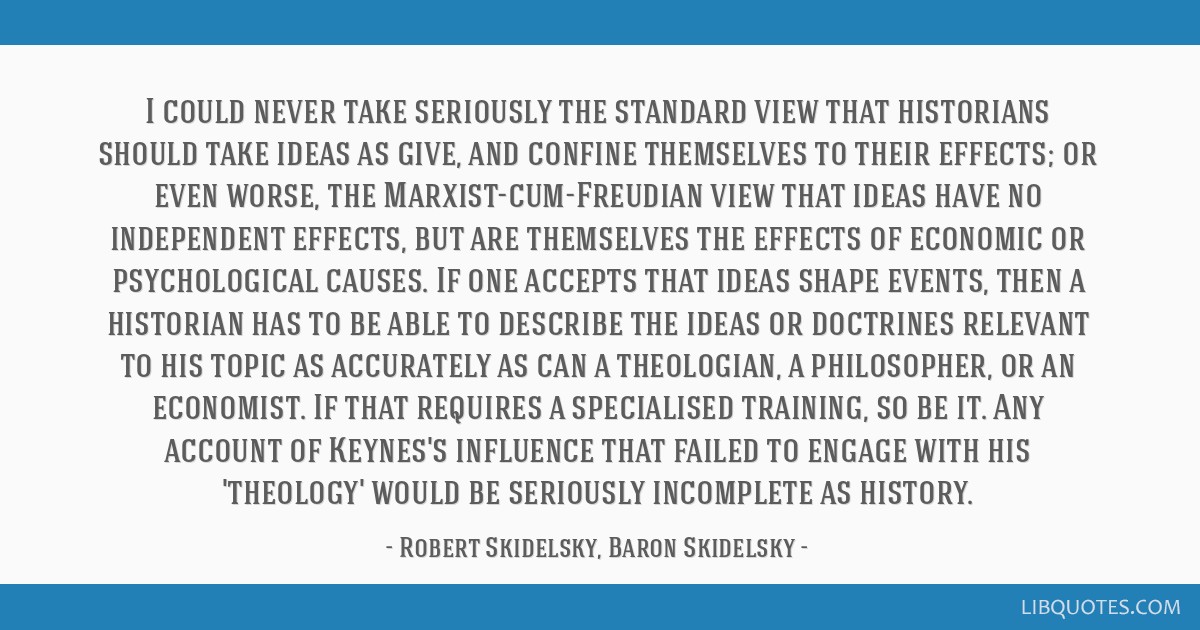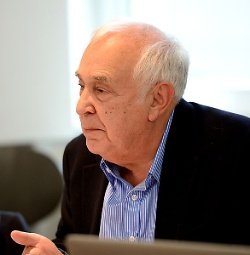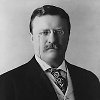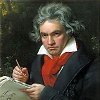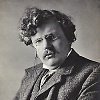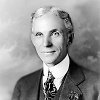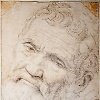I could never take seriously the standard view that historians should take ideas as give, and confine themselves to their effects; or even worse, the Marxist-cum-Freudian view that ideas have no independent effects, but are themselves the effects of economic or psychological causes. If one accepts that ideas shape events, then a historian has to be able to describe the ideas or doctrines relevant to his topic as accurately as can a theologian, a philosopher, or an economist. If that requires a specialised training, so be it. Any account of Keynes's influence that failed to engage with his 'theology' would be seriously incomplete as history.
John Maynard Keynes: 1883-1946: Economist, Philosopher, Statesman (2003) - Introduction
